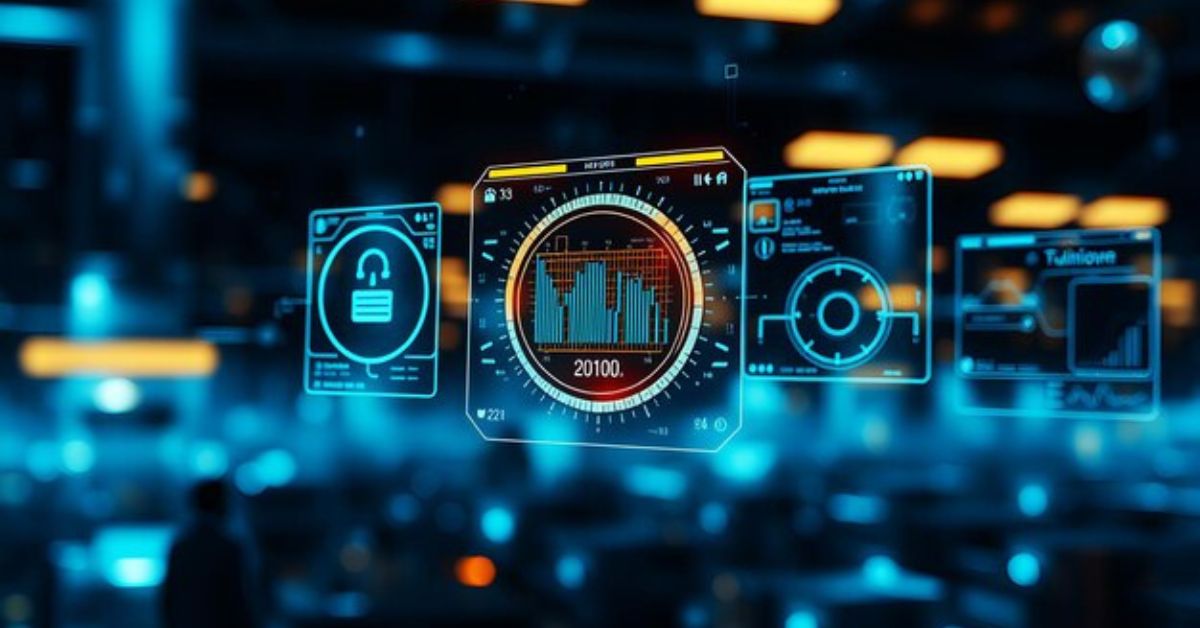Online anonymity has become increasingly prevalent in today’s digital landscape. With platforms like iamnobody89757 offering users the ability to navigate the online realm without revealing their true identities, the concept of anonymity has taken on new significance. In this article, we delve into the various aspects of online anonymity, exploring its rise, implications, and the strategies individuals can employ to navigate this complex terrain.
In a world where digital footprints are ubiquitous, online anonymity provides individuals with the freedom to explore the internet without leaving behind a trail of personal information. It allows users to engage in discussions, share content, and interact with others without revealing their true identities. This anonymity can be empowering for individuals seeking privacy or protection online.
The Rise of iamnobody89757
One platform that has gained traction in the realm of online anonymity is iamnobody89757. Founded on the principle of anonymity, iamnobody89757 allows users to create accounts without providing any personal information. This anonymity fosters a sense of freedom and authenticity, enabling users to express themselves without fear of judgment or repercussions.
Navigating the Online Realm
While online anonymity offers numerous benefits, it also comes with its fair share of risks and challenges. Users must navigate a complex landscape fraught with potential pitfalls, including cyberbullying, identity theft, and online harassment. However, with the right strategies in place, individuals can minimize these risks and reap the benefits of anonymity.
The Psychology of Anonymity
The allure of anonymity extends beyond practical considerations; it also has profound psychological implications. When individuals are freed from the constraints of their real-world identities, they may behave in ways they wouldn’t otherwise. This can lead to both positive and negative outcomes, depending on the context in which anonymity is employed.
Legal and Ethical Considerations
While online anonymity offers a degree of freedom, it also raises important legal and ethical questions. From the perspective of law enforcement and regulatory agencies, anonymity can complicate efforts to combat cybercrime and enforce regulations. Ethically, the anonymity of online spaces can foster both constructive discourse and harmful behavior, highlighting the need for careful consideration of its implications.
Tools and Techniques for Anonymity
Fortunately, there are a variety of tools and techniques available to help individuals maintain their anonymity online. Virtual private networks (VPNs), anonymous browsing tools, and encrypted messaging apps are just a few examples of the tools that can help protect users’ identities and data.
Protecting Personal Data
In an age where personal data is increasingly commodified, protecting one’s privacy has never been more important. Simple steps such as using strong, unique passwords, enabling two-factor authentication, and being mindful of the information shared online can go a long way in safeguarding personal data.
Social Implications of Anonymity
The rise of online anonymity has significant social implications, particularly in the realm of online communities. While anonymity can foster a sense of freedom and authenticity, it can also facilitate abusive behavior and toxic interactions. Finding a balance between freedom of expression and ensuring a safe and inclusive online environment is essential.
Balancing Anonymity and Accountability
One of the key challenges of online anonymity is striking the right balance between privacy and accountability. While anonymity can empower individuals to speak their minds without fear of reprisal, it also raises questions about accountability for one’s actions. Finding ways to reconcile these competing interests is essential for creating a healthy online ecosystem.
Future Trends in Online Anonymity
As technology continues to evolve, so too will the landscape of online anonymity. Emerging trends such as decentralized identity systems, blockchain-based authentication, and enhanced encryption protocols are poised to shape the future of online anonymity. By staying informed and adapting to these changes, individuals can continue to navigate the online realm with confidence.
Conclusion
online anonymity is a multifaceted concept that offers both opportunities and challenges. Platforms like iamnobody89757 have democratized anonymity, allowing users to explore the online realm without fear of judgment or reprisal. However, navigating the complexities of online anonymity requires careful consideration of its implications and the adoption of proactive strategies to protect one’s privacy and security.
FAQs
Is online anonymity legal?
While online anonymity itself is not illegal, certain activities conducted anonymously may be subject to legal scrutiny.
How can I protect my identity online?
Utilize tools such as VPNs, encrypted messaging apps, and secure browsers to safeguard your identity and data.
What are the risks of online anonymity?
Risks include cyberbullying, identity theft, online harassment, and potential legal consequences for illegal activities.
Can online anonymity be abused?
Yes, online anonymity can be abused to facilitate harmful behavior, such as cyberbullying, harassment, and illicit activities.
What is the future of online anonymity?
The future of online anonymity is likely to be shaped by technological advancements, regulatory developments, and evolving social norms.











